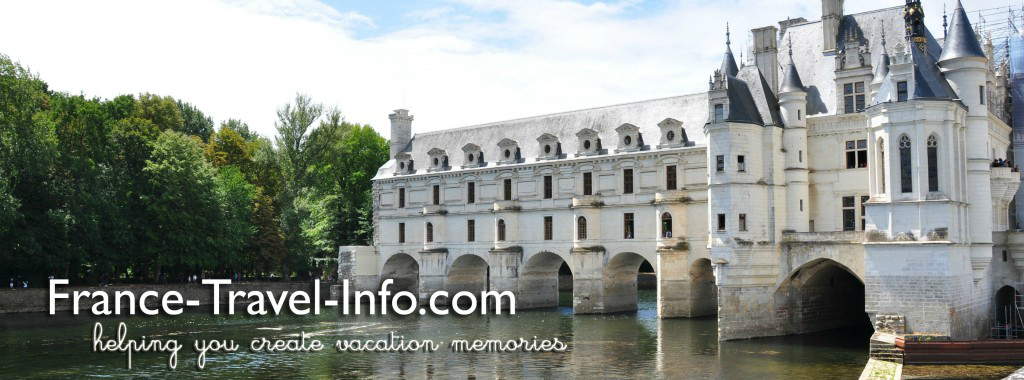La Chartreuse du Liget

La Chartreuse du Liget, the Liget Charterhouse
Magnificent, isn’t it? The clouds had parted and we had brilliant sunshine for exploring. As we entered the gate, we had no idea what lay beyond.
Admission Fee -Really??
The small sign said admission was 1 euro. Are you kidding? I decided that had to be a typographical error. A mere pittance for the chance to explore!
And who was going to take our money? There didn’t appear to be anyone anywhere. We wandered down the lane to the main house in the warmth of the sunshine. It had been raining for 2 days and we were so happy to just be out of doors without an umbrella.

Main house at La Chartreuse du Liget

Water bubbles up from an underground spring, exiting from a carved stone barrel.
Yes, the admission fee was only 1 euro. The sign said we were to leave the money in the dish on the windowsill near the main door of the large house. Except for the friendly dog, no one appeared to be around. We added our euro coins to the ones already in the dish, picked up a very small leaflet with information and wandered around the site with our furry escort.

Our guide for the afternoon.
Magnificent Views
Before we started, I turned around to see the view of the road we had just wandered down.

The amazing view from the house back to the portal gate.
The gate/portal through which we entered the compound dates from the 18th century.

The Liget Charterhouse Gate

Details of the tympanum, featuring St Bruno
La Chartreuse du Liget History
This Charterhouse was founded by Henry II Plantagenet in expiation of the killing of St Thomas Becket, arch-bishop of Canterbury. He allowed four Carthusian hermit monks to take up residence here but we soon discovered that the number of monks grew to at least 19.
As we wandered around we began to truly understand the former size of this monastery and how little remained. Here we are looking at the wall which surrounded the cloister. The small portals in the wall are where the monks received their evening meal. We counted 19 hatches. This is truly a very large complex for only 19 monks!

Standing in the center of the monks’ house with one ‘meal portal’ visible
The exterior wall that surrounds the Charterhouse was built as a consequence of the Hundred Years War. At the corner you can see one of the watchtowers. Each corner has a watchtower that is still intact.

Watchtower
What Remains
Just the shell of the church remains. It’s kind of odd to walk completely through a church with the sky overhead . This twelfth century church, the Saint-Jean du Liget Chapel, is unusual in that it has an east-west orientation. According to the literature, it is possibly the earliest religious settlement in this area.

12th century church

Only the walls of the nave remain

It was amazing how close to the house the church was.
The Charterhouse was sold during the Revolution and everything of religious significance destroyed. Whomever made this purchase, assuming they bought it in its entirety, gained a tremendous amount of land. The domain owned 6200 acres, including part of the Loches Forest.

My choice of picnic spot.
We left puzzling the large house about which there was no information. We explored the whole compound by ourselves – no other visitors! Wandering the garden, we explored every nook and cranny. The park-like atmosphere was so peaceful; all we were lacking was a bottle of wine, a baguette, some cheese and a blanket to spread under one of the massive trees to make an idyllic afternoon.

The Commons housed workshops, a bakery and the servants’ kitchens.
Once we were back in the land of internet access (our little hamlet of Savigny-en-Verrone had no access) we discovered the purpose of the house! It is a gite with five bedrooms. The gite has the same name as the Charterhouse: www.chartreuseduliget.com.
Only about 800 meters down the road is The Corroirie which was the feudal hiding place for the religious during religious wars. It has a beautiful chapel and frescoes. I posted pictures here!


Leave a Reply